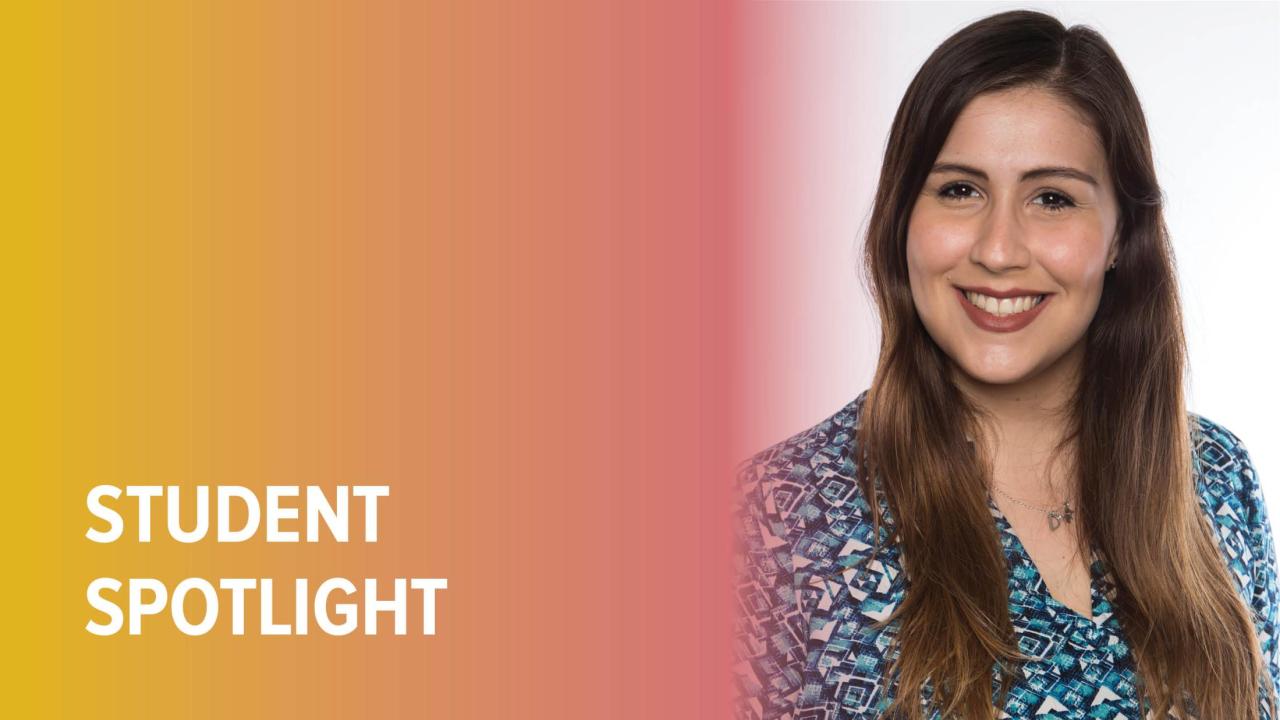
Student Spotlight: Luz Inés Nieto
Luz Inés Nieto loves discovering new flavors and understanding consumer perception.
“I have taken training on chili peppers to understand all the sensory differences between varieties and the flavors they add to dishes,” she said. “And being from Mexico, this is essential.”
As a sensory coordinator with Griffith Foods in Monterrey Nuevo Leon, Mexico, Nieto needed to better understand consumer testing to help her excel at her job. As part of her professional development, her supervisor suggested she apply for UC Davis Continuing and Professional Education’s Applied Sensory and Consumer Science Certificate Program to advance her skill set. “Talking with colleagues from other Griffith units, they highly recommended this certificate to me,” Nieto said.
Building Her Expertise
As an undergrad, Nieto studied as a chemistry bacteriologist and parasitologist, and that’s when her interest in food science developed. “I started working on quality in microbiology,” she said. But it became clear that she also needed to understand the consumer’s perspective, so she decided to learn about methods for testing whether products aligned with consumer desires.
When she was hired by Griffith in their sensory department, Nieto began taking courses to learn more about training panels and performing discriminative and consumer testing.
Want to Advance Your Career in Sensory and Consumer Science?
The Applied Sensory and Consumer Science program features:
- Online convenience
- Practical skills and techniques that can be used immediately in workplace
- Access to veteran instructors
- Exceptional networking opportunities
Nieto’s most recent sensory education was the Applied Sensory and Consumer Science Certificate Program. Because it is designed for working professionals, the program provided her with practical skills and techniques she was able to apply directly to her current position. “The program has been very useful to me in helping me make better decisions with greater knowledge,” she said. “In addition to having improved planning in projects that need sensory science to obtain better results, the certificate helped me further understand each test and how to interact with other departments in my company—mainly quality, research and development, marketing and sales.”
Adapting to COVID-19
Halfway through her certificate, COVID-19 hit, forcing Nieto to work from home. This created a radical shift in how she performed consumer tests. “We had to understand how to make kits and shipments to send to panelists’ homes,” she said. “I was able to apply what I learned in the program to carry out tests outside a laboratory.”
Here, Nieto’s colleagues from the program were able to help. Her fellow classmates provided a much-needed community and sounding board. She said they were able to share strategies to continue their panel sessions and consumer tests safely, which was invaluable knowledge during these unprecedented times.
